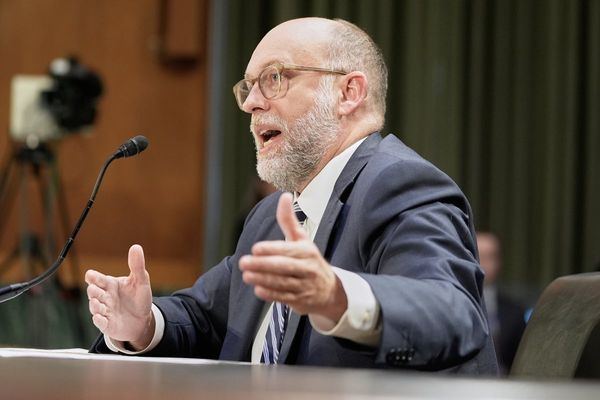
When Facebook removed vast swathes of Australian media from its platform overnight on Wednesday the social media company intended to shock the system of Australian government and media cronyism and send a strong message to regulators everywhere.
Instead, Facebook managed to turn attention away from a flawed piece of legislation and on to its own reckless, opaque power.
Even for a company that specialises in public relations disasters, this was quite an achievement. Everyone from the head of the Australian Broadcasting Corporation to the organiser of the North Shore Mums page found their links and pages missing from Facebook. Campus newspaper reporters, half of the editors in the First Nations media network, public health officials preparing for the Covid vaccine rollout and weather services found their Facebook presence suddenly, without warning wiped away.
A company that cannot reliably identify legitimate news sites or make a determination between a vital information service and the conspiracy-laden Epoch Times (which was also cut off) should not be part of a country’s critical communications infrastructure. Yet this is the Facebook paradox.
Facebook had not thought whether the week before vaccines roll out was appropriate timing for a news blackout. Facebook and Google have, over the past three years, been sprinkling grants on journalism organisations and newsrooms at the rate of $100m a year each, making them the largest philanthropists and supporters of journalism on the planet. The money is not a deep commitment to producing equity and integrity in news; it is a lobbying exercise, a hedge against external regulation.
Facebook’s news blackout was a pushback against the Australian government’s mandatory news bargaining code which proposes a system for negotiated payments from platforms to publishers for links to news articles. Australian media policy is rarely a focal point of global interest but the bargaining code is being watched closely from Menlo Park to Manila. Australia is a test case for resisting the idea that the digital advertising duopoly of Google and Facebook should set their own rules and policies for shaping the media landscape they dominate.
The code has been criticised as badly drawn legislation which undermines the workings of an open web, or a Faustian pact between Scott Morrison’s government and Rupert Murdoch, or both. Even those who want to see a transfer of wealth from big tech to underfunded journalism were unsure that this was the right way to do it.
Facebook released a statement on Wednesday stating that regrettably it was abandoning its plans to “significantly increase our investments with local publishers” and instead pulled the plug. Google meanwhile has managed to sidestep the proposition of a “link tax” by delivering the government’s objective of lucrative deals with Australian media companies from News Corp down to the smallest publishers. By flexing a little Google has for now avoided mandatory payment arbitration.
Initial worries that the proposed system would prove inequitable has somewhat been allayed by Google’s negotiations with publishers so far. Facebook’s behaviour underlines however that without a regulated solution, sudden market withdrawal has an outsized impact on both smaller and public service outlets, who have not had the resources or incentives to build paywalled businesses away from social platforms.
The arbitrary and hopefully temporary vandalism perpetrated by Facebook, raises the question of “What next?” Facebook already seemed to be trying to restore the pages it had purged in error – including rather comically its own corporate page. But the ABC and other news provider pages remained empty.
The untidy withdrawal from Australian news highlights how vulnerable entire countries can be to dependency on unreliable and unregulated distribution networks. It is also a reminder that at heart, neither Google or Facebook are primarily motivated by supporting journalism at all costs, or by providing transparency and accountability.
Governments have arguably not paid nearly enough attention to producing alternative digital solutions to giant centralised advertising companies that provide an increasing number of communication services for their citizens. Facebook’s petulance has inadvertently made a case in Australia for more regulation rather than less.
News organisations need to develop alternative platforms, and governments need to provide more regulated certainty. Highly digital newsrooms that have resources and strong relationships with their audiences started moving away from Facebook a long time ago, and are less affected by its volatility.
Smaller publishers, and those with communities with low resources themselves, are much more dependent. A withdrawal from Facebook could be a galvanising moment for Australia, and beyond.
The main problem with legislation that seeks to fund a news industry directly from Facebook and Google, is that it does not forge a clear path away from the duopoly entirely. Maybe the events of this week will help Australia and the countries watching its progress realise that the issue is not too much regulation, but too little.







